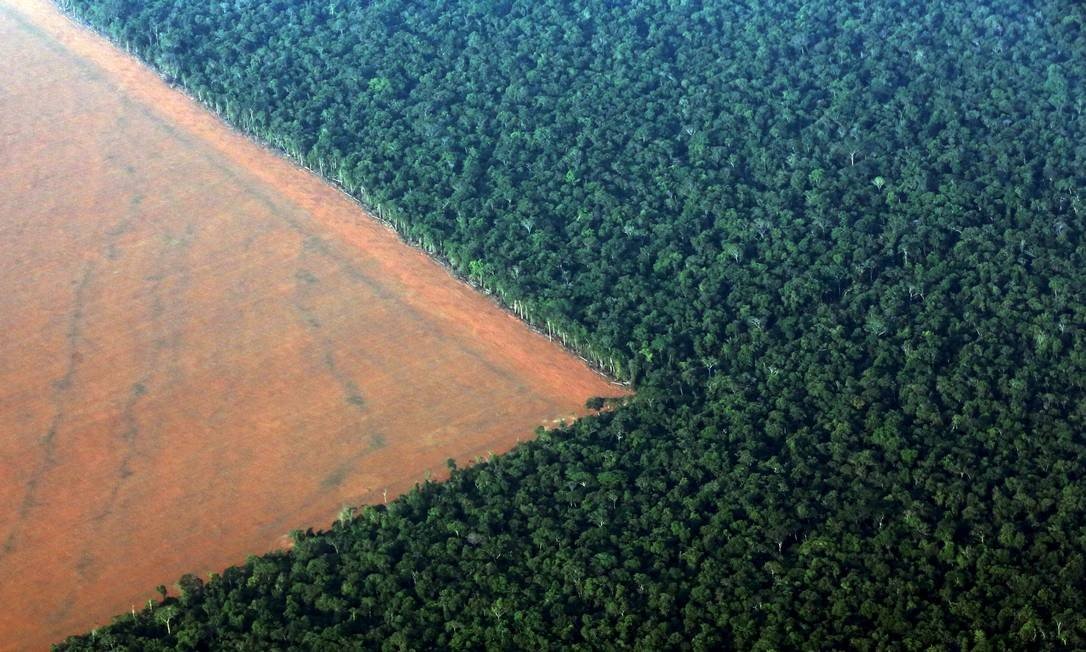RIO DE JANEIRO, BRAZIL – The increase in deforestation in the Amazon and the Cerrado (tropical savanna) is starting to impact national agribusiness. Two major buyers of Brazilian soy have announced measures to ban products from deforested areas, actions that could lead to a rejection of Brazilian agricultural products in major markets, particularly in Europe.

Cofco International, China’s largest food processor and one of the world’s leading purchasers of agricultural commodities, will demand traceability of all soy from the Brazilian Cerrado by 2023. The region covers the states of Goiás, Mato Grosso, and Mato Grosso do Sul, which are the commodity’s leading producers. Cofco’s goal is to prevent the purchase of soy from deforested areas.
The Chinese giant’s announcement comes at a time of greater pressure on Brazilian agribusiness as a result of the growing deforestation. Data released by the Amazon Institute of Man and Environment (IMAZON) show that deforestation in the Amazon grew by 171 percent in April. A total of 529 km² of forests were destroyed, the largest area in a decade. The scenario led Norway’s Crieg Seafood, one of the world’s largest salmon producers, to suspend the purchase of Cargill’s feed because of its use of soybeans of Brazilian origin.
Last week, an investment fund that manages over R$20 trillion in assets released an open letter urging Brazil to halt deforestation. According to the group, the loss of biodiversity and carbon emissions represent a “systemic risk” to its investment portfolios.
The cases raise concern for Brazilian agribusiness. “Every year we have these isolated events, until now with no cause for concern. But this year, due to the increase in deforestation and the alignment of major players in the financial sector to the environmental agenda, a yellow warning was triggered,” says Marcello Brito, president of the Brazilian Agribusiness Association (ABAG). “The practice of illegal deforestation impacts all Brazilian products, regardless of their place of origin or sector. The Amazon places Brazil in the world, but it can also take it away.”
Other major buyers and traders of Brazilian soy also announced recent measures to improve product traceability. Switzerland’s Louis Dreyfus has committed to tracing half of the country’s soybeans. Cargill says it has mapped 100 percent of its supplier base. According to the company, the goal is to make its purchases free from deforestation.
Source: Exame

